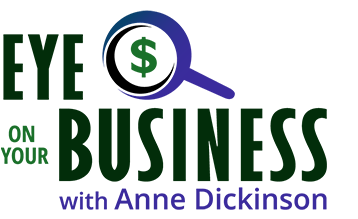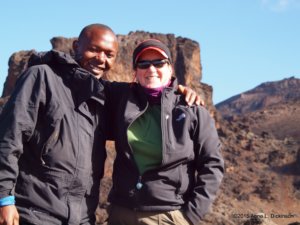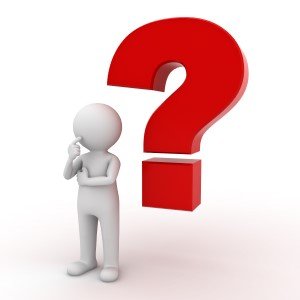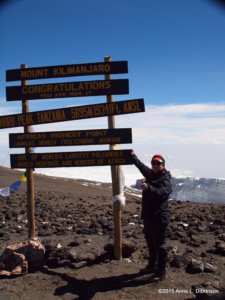 I reached the summit of Mt. Kilimanjaro at 3:10 pm on January 17, 2015. It took seven days to reach the top. Seven days — plus about five years. Along the way, most especially during the final seven day push, I learned some lessons that apply remarkably well to owning and running a business. Here are some that, even now 18+ months later, I am reminded of frequently.
I reached the summit of Mt. Kilimanjaro at 3:10 pm on January 17, 2015. It took seven days to reach the top. Seven days — plus about five years. Along the way, most especially during the final seven day push, I learned some lessons that apply remarkably well to owning and running a business. Here are some that, even now 18+ months later, I am reminded of frequently.
1. Have confidence in your dreams and commit to them even if everyone else thinks you’re nuts. The idea of climbing Kilimanjaro was initially a random suggestion from a friend. I latched onto it and we spent some time trying to get others interested. Nobody else joined in the goal and in the end, neither did the individual who suggested it. By then I had done the research, knew the risks, the costs, and the rewards. My commitment to this adventure and goal of reaching 19,341’ was 100%. Going it alone would not stop me.
Be just as committed to your business dreams and goals. Even if everyone else thinks you’re nuts. Do your research, know the risks and the costs and then make a decision. And be 100% committed to that decision.
Then, put the odds in your favor. My goal was 19,341’ – the summit of Mt. Kilimanjaro, not almost the top, so to the extent possible, I put the odds in my favor.
How? One, by researching potential outfitters and choosing the one with a 95% success rate — significant compared to the overall annual success rate only 60% for the roughly 30,000 trekkers who start the journey.
Research in business is just as important. Sure, believing in your intuition is important. Having the numbers to back it up is critical. For instance, is there a big enough market for your product/service? What are industry standard metrics by which to measure your success (gross margin, overhead, net profit margin)? How will you differentiate yourself? What will it cost to start? And a thousand other questions to contemplate on the journey.
2. I hired a personal porter (in addition to the regular porters on the trek) so that I didn’t even have to carry a daypack. Believe me, when you’re at altitude NOT carrying a 20 pound day pack makes a very big difference. More important than not carrying a backpack, my porter took care of me and made sure I was doing all the right things — drinking water, eating, resting, using sunscreen, etc. He thought about things that I couldn’t clearly when feeling the effects of high altitude.
A good assistant (in person or virtual) in your business can be the difference between making steady progress and getting mired in issues that are a terrible use of your time, and therefore money. They can take off your desk all the things that are just not the best use of your time or attention — because that’s what they are there to do. The best assistants will work like a porter, carrying a load for you, minding your calendar and reminding you to do things that will help you achieve your goals.
3. I listened to the advice and counsel of our guides whose experience was extensive — our head guide alone had summited over 150 times. His knowledge base about what to expect and how to prepare for it was priceless and spot on.
In business when you hire an experienced consultant or coach — trust their advice. They have been where you are before and know what to expect. Getting through the current challenge will be faster, easier and more effective by listening to them rather than objecting to or questioning everything they recommend. Of courseask for clarification when you’re not understanding,
4. Instead of renting, I invested in and took my own sleeping bag. As a result, I was only a little chilly the one night we camped at 18,808’ when it was below zero. Everyone who rented complained the whole trip of being cold because the rental sleeping bags were used and had been repeatedly washed and therefore lost some of their effectiveness.
Sometimes the seemingly cheapest answer isn’t the most cost effective. For example, buying a used vehicle because it’s the ‘cheapest’ may well be the most costly in the end. Analyze the lifetime cost of a capital investment or expense, not just the upfront cost.
5. Bring your own bottle. I followed the advice of those who had gone before and took a pee bottle for use at night so I didn’t have to leave my tent. Seems like a little thing and, ok kind of gross, but it meant I got more and better sleep because I didn’t have to get up, get dressed, put on my boots, go out to the bathroom, do my business, get back to my tent, reverse the process, hopefully warm up and try to get back to sleep. That interruption in sleep, especially at altitude when sleep is pretty lousy to begin with, can make for a super hard and weary next day.
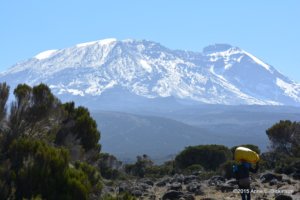 I know, I know, how in tarnation does this one relate at all to business? Think process folks. Are the processes in your business good? Can they be more efficient and effective? Small changes in process can lead to big improvements in profits, cash flow and operations so take another look at yours. Having a process that allowed me to get more rest at altitude meant I had more energy while trekking onward and upward to the summit.
I know, I know, how in tarnation does this one relate at all to business? Think process folks. Are the processes in your business good? Can they be more efficient and effective? Small changes in process can lead to big improvements in profits, cash flow and operations so take another look at yours. Having a process that allowed me to get more rest at altitude meant I had more energy while trekking onward and upward to the summit.
Climbing Mt. Kilimanjaro is a big deal. It takes proper planning, perseverance, money, mindset and an admirable attitude — just like owning and running a business, which is also a very big deal. They are both really hard. They are also both really fun and the accomplishments worth every good, bad, awesome and miserable moment of the adventure. Why? The view from the top is completely priceless.
